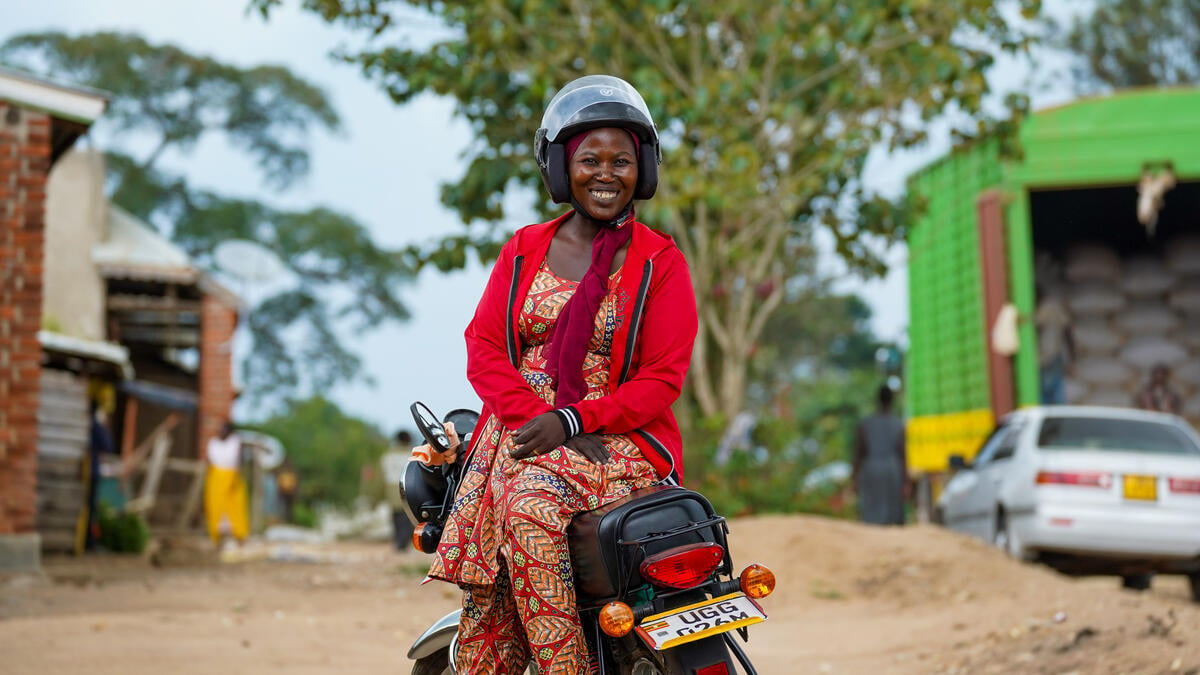UNHCR cautiously welcomes North Kivu peace deal
UNHCR cautiously welcomes North Kivu peace deal

KINSHASA, Democratic Republic of the Congo, January 24 (UNHCR) - The UN refugee agency has welcomed a peace agreement signed this week by rival warring groups in the eastern Democratic Republic of the Congo (DRC) but warned that the accord would not solve all the problems immediately.
UNHCR attended the conference and witnessed the signing Wednesday in Goma, capital of the troubled North Kivu province. UN High Commissioner for Refugees António Guterres had earlier said in a message to the conference that the gathering "represents a big step in the search for a lasting peace."
He also said that the conference would not solve North Kivu's problems immediately. Observers noted that past accords between the government and rival militias have unravelled and that North Kivu remains a volatile province with a total estimated displaced population of 800,000 even though the civil war in DRC officially ended in 2003.
Apart from an immediate ceasefire, the phased withdrawal of military forces and the creation of buffer zones monitored by UN peace-keeping troops, the peace deal calls for the strict respect of international humanitarian law and the return home of the internally displaced and refugees.
It also envisages the creation of a peace and reconciliation commission and the enactment of amnesty laws, except for people found guilty of crimes against humanity and genocide.
In Kinshasa, UNHCR Representative Eusebe Hounsokou said he welcomed the positive outcome of the Goma talks and was "cautiously optimistic" that it would "end and prevent further suffering imposed on the North Kivu population by prolonged instability and violence."
Fighting over the past year between government forces and rebel troops under dissident general, Laurent Nkunda, who signed the peace agreement, have forced some 400,000 people to flee their homes in North Kivu.
Hounsokou also said stability and peace would be crucial for the repatriation of some 80,000 Congolese refugees that UNHCR hopes to bring home from neighbouring countries this year.
"We hope the success of this conference will help us to conclude tripartite agreements with Burundi, Rwanda and Uganda on the voluntary repatriation of Congolese refugees still residing in these countries," he said.
"The real test of this conference is the return of peace to our areas so that we can return home," said Ami Muoima, president of the IDP committee at the Buhimba IDP site, located near Goma.
UNHCR runs four IDP sites in North Kivu, accommodating some 45,000 IDPs. All of these sites are located no more than 15 kilometres west of Goma. More sites are being identified and organized to house IDPs currently living in public buildings, schools and churches.
Late last year, UNHCR also opened a small field office in Rutshuru - 70 kms north of Goma - to provide protection and assistance to another 45,000 IDPs in the area.
The major challenge for the government and for humanitarian organizations will be to build an environment conducive to the return and reintegration of displaced populations and to foster reconciliation different ethnic groups.
By Francesca Fontanini in Kinshasa, Democratic Republic of the Congo









